As a childless adult, it’s been a long time since a content rating system has had any impact on my life. Even when I was a kid it was hardly ever a factor. Once, when going to see Jackass 2 with my 16-year-old friends, the guy working the ticket booth made me call my mom and have her come down to the theater before he would let us in. One time my dad got a lecture from a GameStop employee before he was allowed to buy Grand Theft Auto: San Andreas for me. On both occasions, it felt less like I was being protected from harmful material, and more like someone had an ounce of authority and needed to exert it wherever they could.
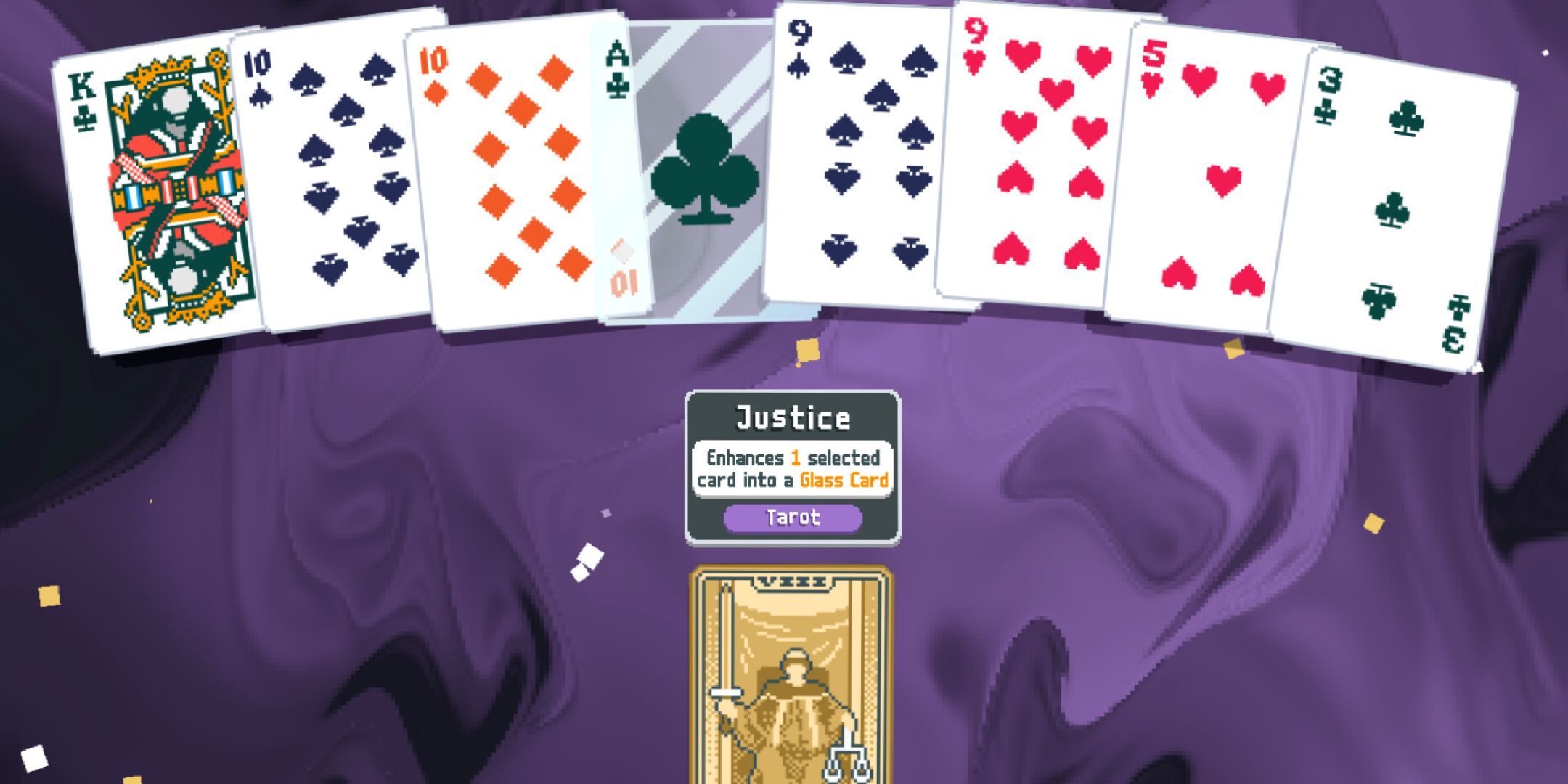
Related
Balatro Developer Calls Out PEGI Over 18+ Rating
LocalThunk calls out PEGI for giving Balatro an 18+ rating, while games with loot boxes are rated 3+.
I felt that way again when I heard that Balatro, the roguelike card game phenom and TGA Game of the Year nominee, had been rated 18+ by PEGI (the European version of the ESRB) because it features “prominent gambling imagery”. It explains that by using a deck of cards and teaching the player poker hands, Balatro imparts “knowledge and skill [that] could be transferred to a real-life game of poker.” A ruling this puritanical and out of touch shouldn’t stigmatize Balatro, it should delegitimize PEGI.
The ESRB rated Balatro E 10+, but also labeled it with “gambling themes.”
Is Poker Gambling?
Why is it taken for granted that gambling and Poker are synonymous? Yes, Balatro will teach you how to read Poker hands, but that doesn’t have anything to do with gambling. The game of Poker is not inherently immoral or harmful to kids, and it’s absurd to think that children ought to be kept safe from playing cards. It’s not that PEGI is wrong when it says the knowledge and skill you learn in Balatro could be transferred to a real-life game of Poker, it’s just that there’s nothing wrong with that.
Balatro doesn’t feature any gambling. It uses antes and chips as part of its progression system, which is where the “prominent gambling imagery” comes from, but if you want to argue that, you’d have to also implicate any kind of press your luck system in every game. If Balatro’s risk/reward dynamics are gambling, then so is every extraction shooter. You don’t make any bets or win any money, real or fake, from risking your hand in Balatro.
But PEGI isn’t even making that argument, it’s simply claiming that Balatro teaches you skills you can use to play a real-life game of Poker (which isn’t even true). I reject the assumption that Poker is synonymous with gambling, but even if it were, it’s such a flimsy claim. Learning hands doesn’t teach you how to play Poker any more than Fortnite teaches you how to shoot a gun. Crouching to avoid detection and looking down a scope to get better aim on your target and skills that could be transferred to a real-life shootout. Weirdly, Fortnite is rated PEGI 12+.
And Yet, Actual Gambling Gets A Pass
Balatro creator Localthunk has been vocal in their criticism of PEGI by pointing out the biggest hypocrisy of all: games like EA Sports FC that have actual gambling in them via blind boxes are rated 3+. So if a game is loosely connected to another game that’s often associated with gambling we have to keep kids away from it, but if a game has gambling with real money in it, go nuts kids.
This is a situation where a little common sense would go a long way. Is Balatro dangerous to kids? Obviously not. In fact, what it teaches you about math, probability, and problem-solving is likely beneficial to young minds. PEGI’s only purpose is to help parents stay informed, but it’s directly misleading them here. So what do we need it for?
These rating systems used to matter more when we had to buy all our games from a power-hungry GameStop clerk, but in the digital era this probably won’t hurt Balatro much in the long run. Still, I can imagine a kid wanting to play Balatro on their Switch, and their well-intentioned but uninformed parents telling them ‘no’ because of the rating. That would be a shame, and it would be no one’s fault but PEGI’s.

Balatro takes the classic card game of poker and adds roguelike gameplay, using Joker cards with various abilities to build your deck and attempt to defeat pesky blinds.
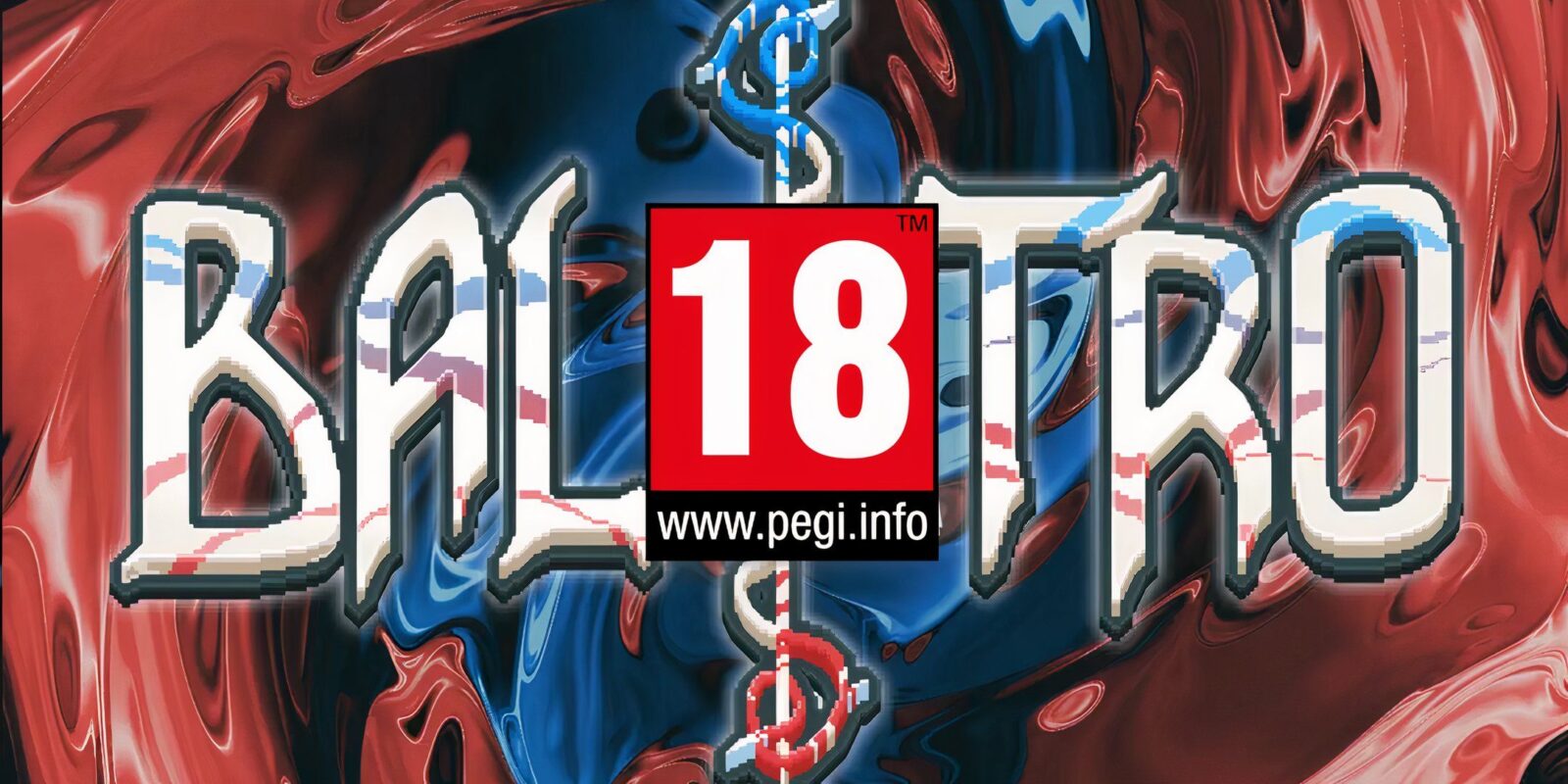

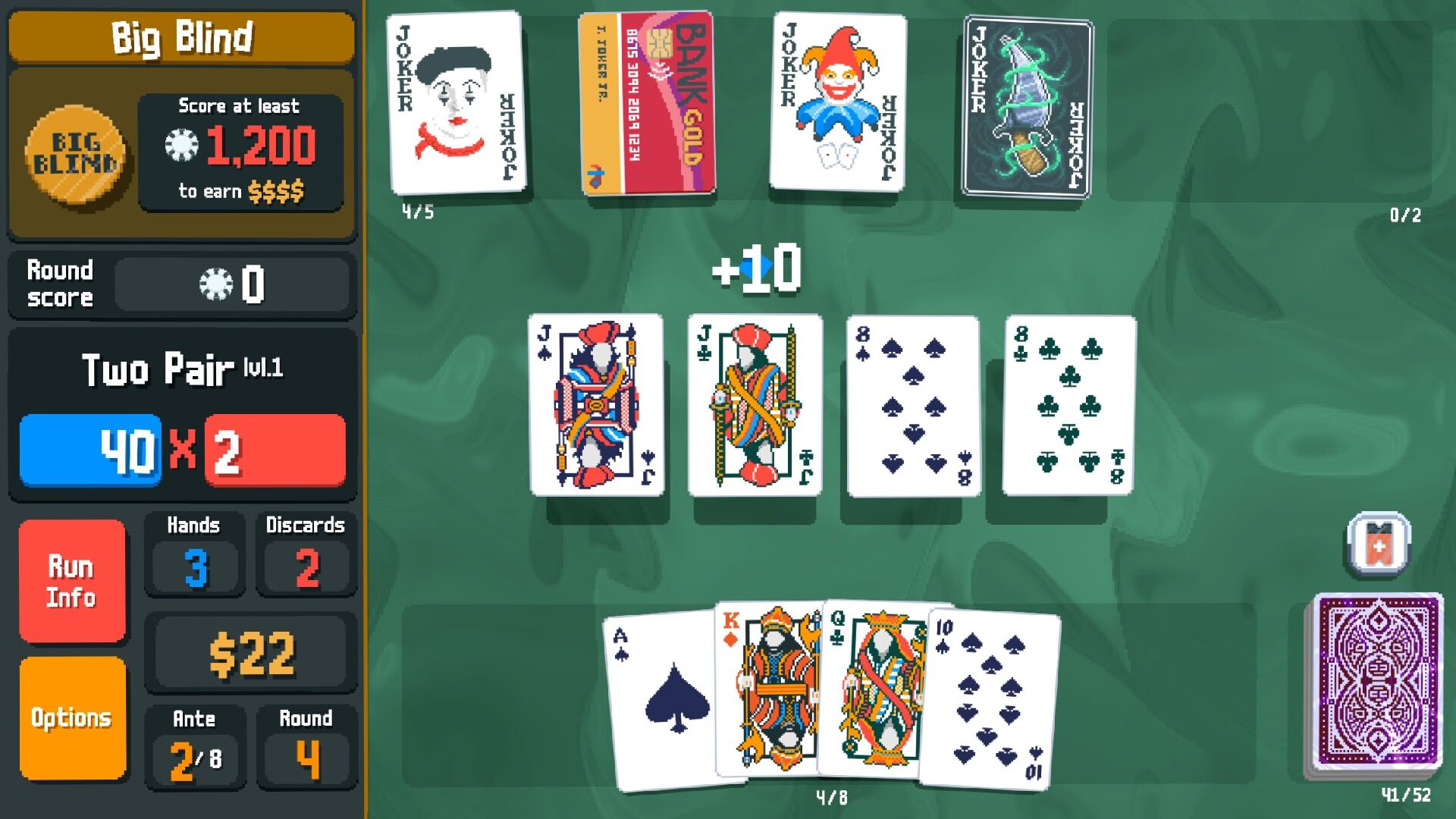
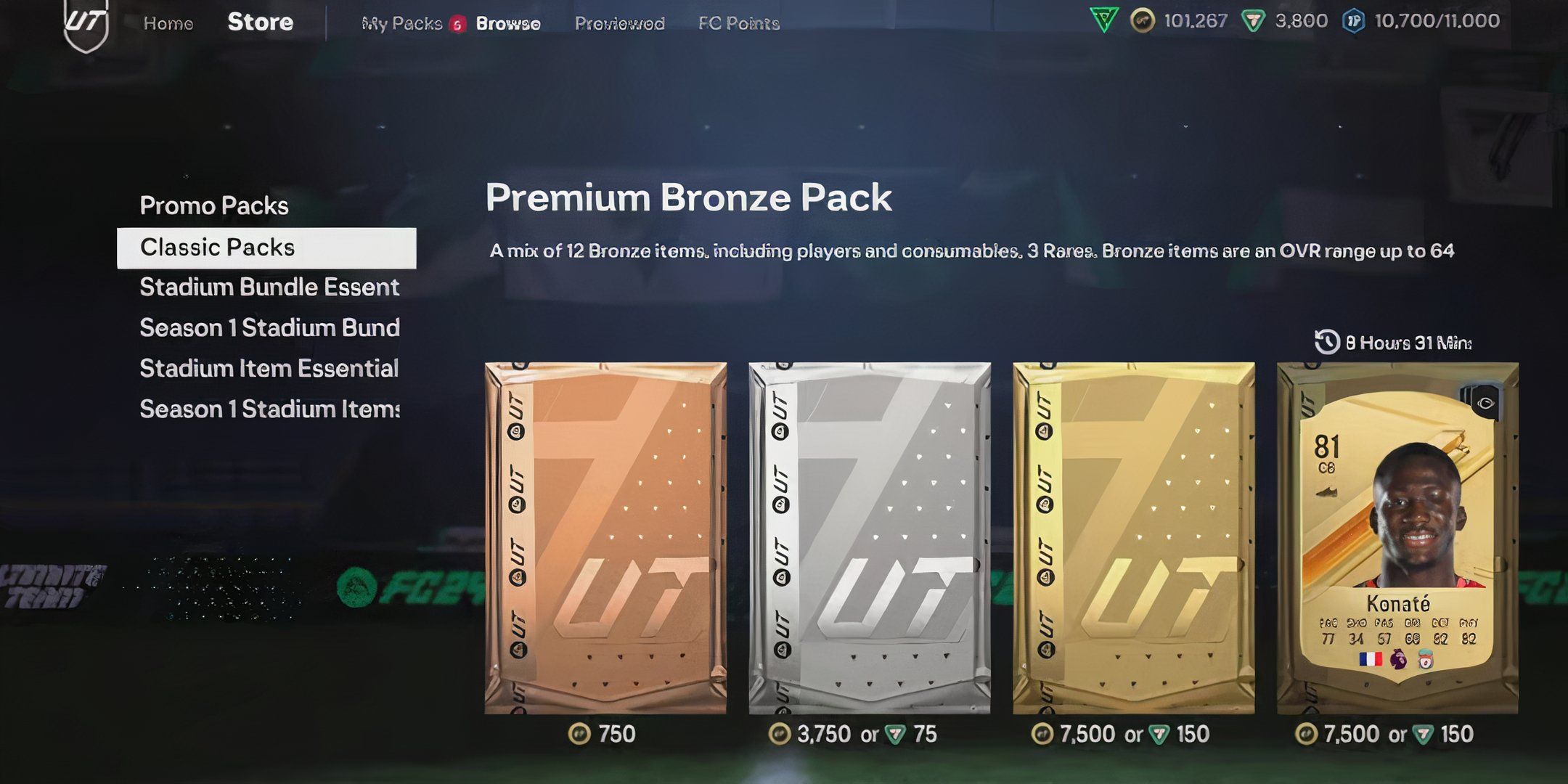
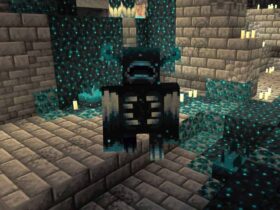


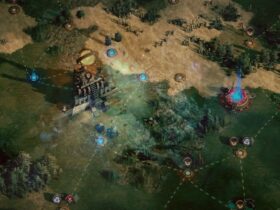

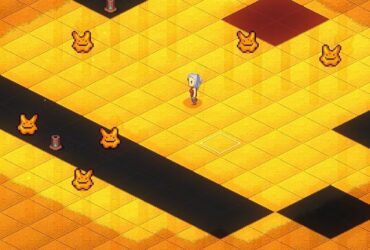
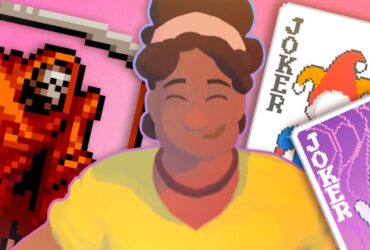
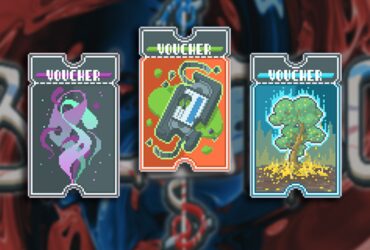

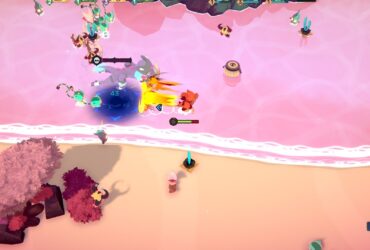
Leave a Reply